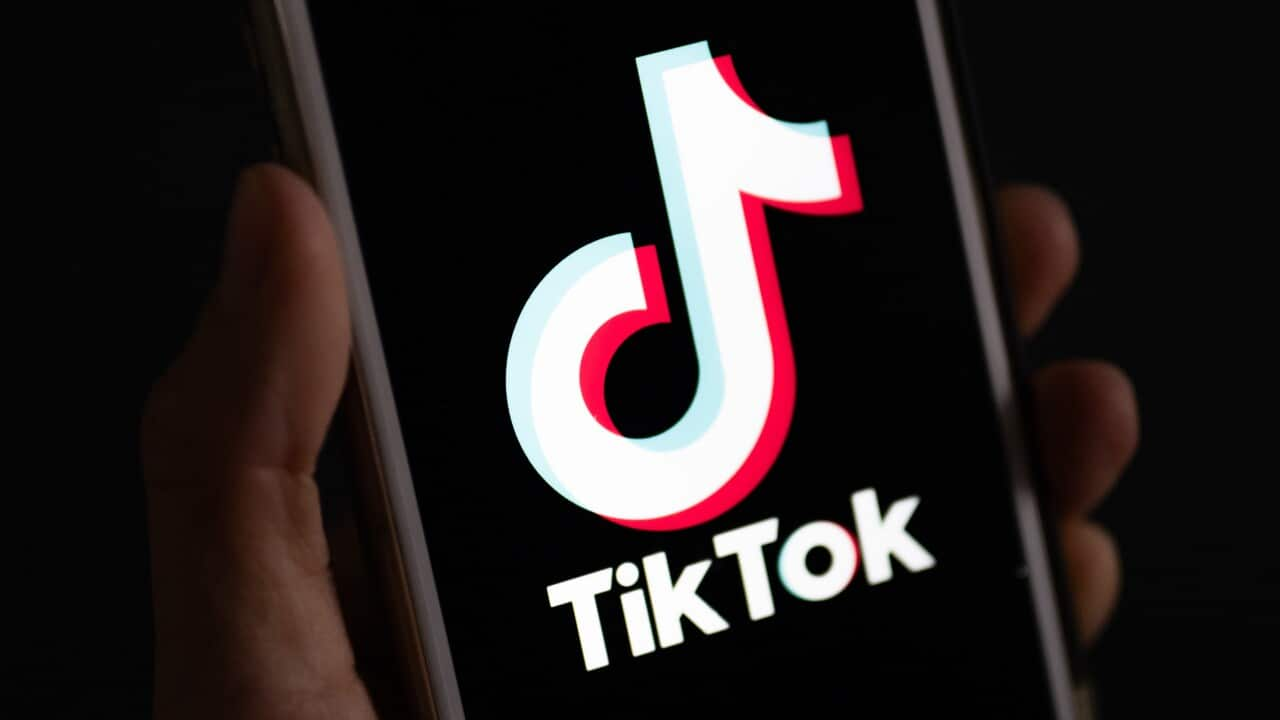Key Points
- Teenagers will have to enter a passcode to continue watching videos after 60 minutes.
- Parents can set a maximum screen time for their child based on the day of the week.
- Young users will still be able to deselect the time limit feature or lie about their age.
TikTok said it would introduce automatic daily screen time limits of one hour for accounts belonging to under-18s, as the social media platform faces criticism over its addictiveness among young users.
Teenagers will have to enter a passcode to continue watching after 60 minutes and those aged below 13 require a parent or guardian to set or enter a passcode to release an additional 30 minutes, TikTok said.
The short-form video-sharing app said the changes would be implemented "in the coming weeks".
If a young person's access to TikTok is via a family pairing account, parents can set a maximum screen time for their child based on the day of the week, TikTok added.
The Chinese version of TikTok, Douyin, is restricted to 40 minutes of daily use for under-14s and is inaccessible for them between 10pm and 6am.
The new feature adds to existing measures to control young people's screen time such as a prompt introduced last year that encourages teenagers to enable screen time management and a weekly inbox notification summarising a user's screen time.
But young users will still be able to deselect the time limit feature or lie about their age, as on other platforms.
The Chinese social media site has faced criticism over the soaring amount of time children aged between four and 18 spend scrolling through videos suggested to them based on their tastes and algorithms.
While TikTok has not been studied as much as other social networking sites like Facebook, Instagram or Twitter, a recent study by Troy Smith from University of Trinidad and Tobago showed that the app can encourage compulsive behaviours, according to the British newspaper The Independent.
According to a recent study by the parental control app Qustodio, minors spent on average one hour and 47 minutes on TikTok per day in 2022.









